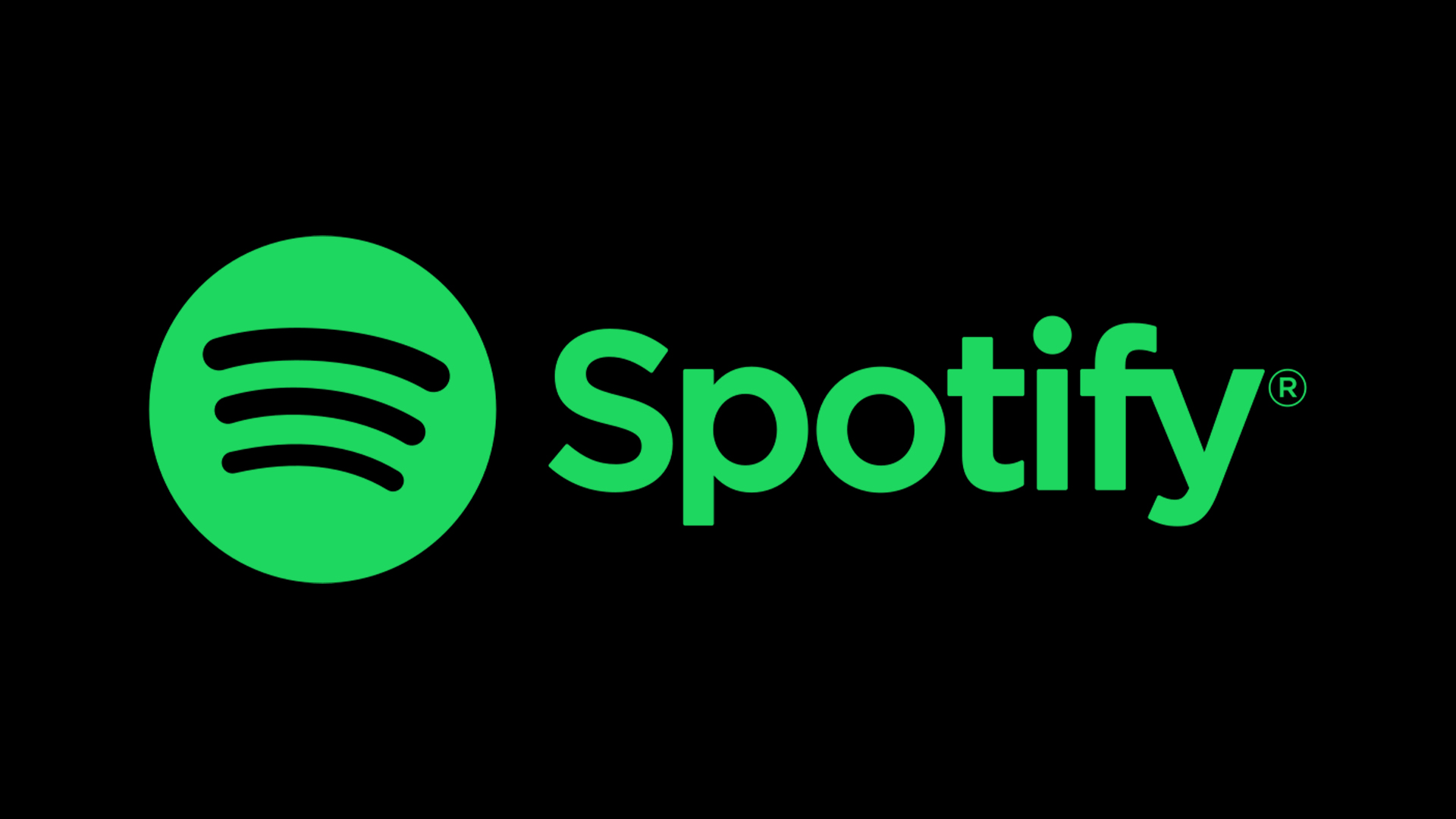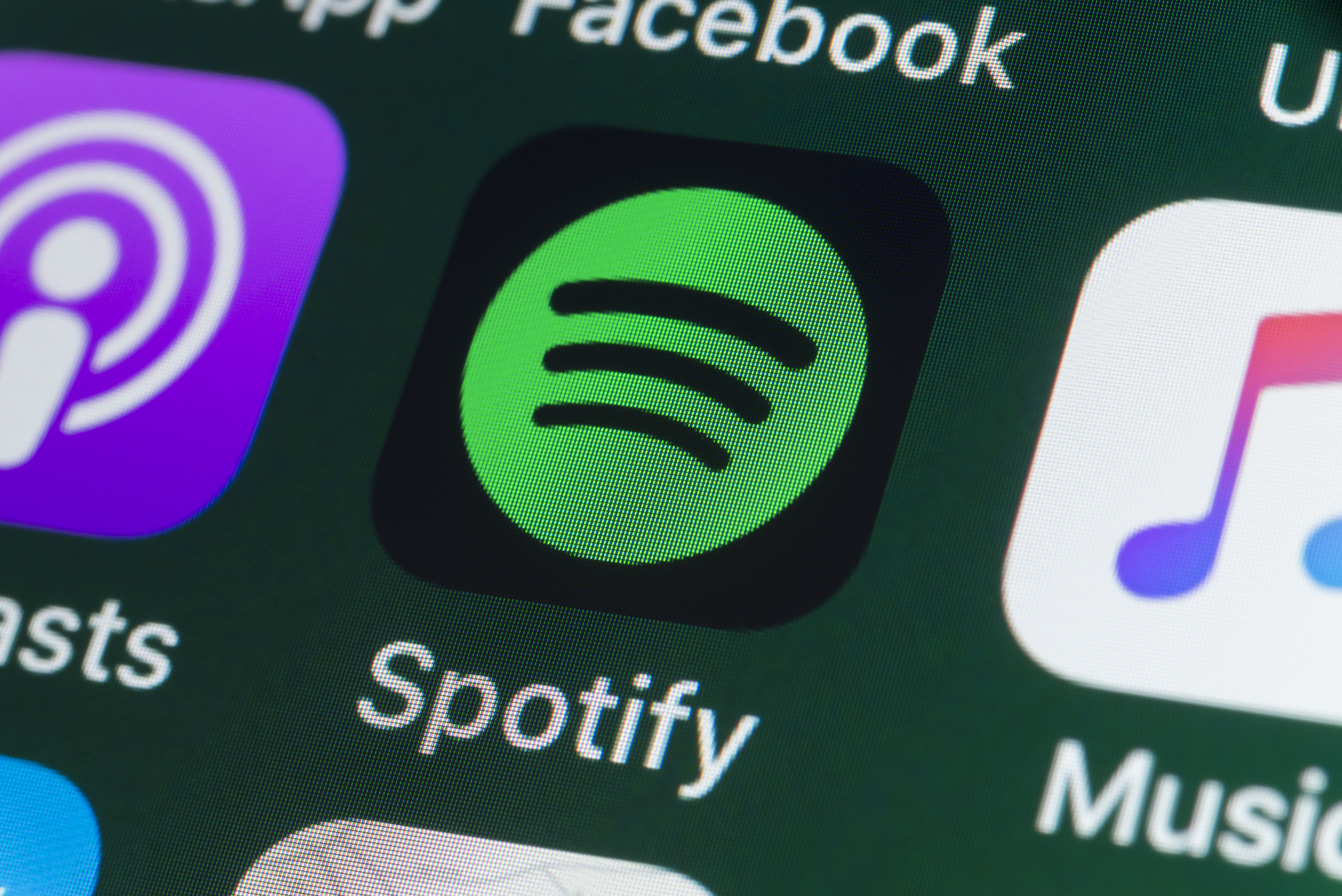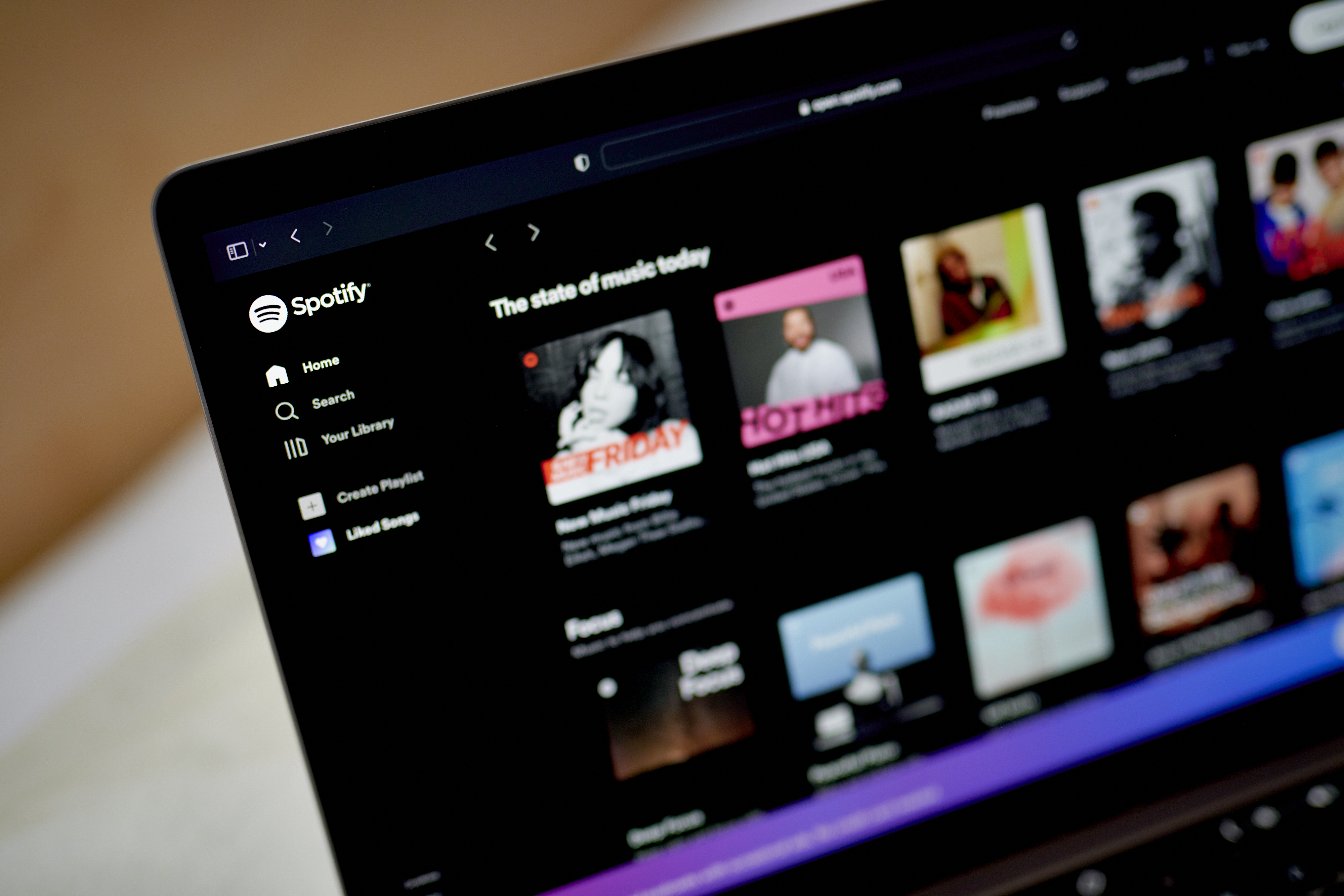
Whether we like it or not, Spotify has changed the way that we consume music today, providing convenient, on-demand streaming for millions of users. Yet with the brand's recent expansion to podcasts and video content, could it be getting a little big for its boots, taking on competitors like YouTube and TikTok while losing sight of its core appeal?
The best iconic brands are adaptable, moving with the times to stay relevant, yet Spotify's jumbled branding approach has led to something of an identity crisis. With a push towards video content and allegations of AI infiltration, Spotify's diversification is turning it into an 'everything app' with a muddied branding approach. So what can it do to rebuild trust with paid subscribers, and more importantly, how can it win back the artists that define the streaming service's success?

So what is Spotify in 2024? In today's landscape, the streaming service is slowly evolving into a tepid 'everything app' with music, podcasts, audiobooks and its most recent addition, video content. Last month Spotify launched its new beta music video feature, quickly followed by the announcement of its new Partner Program at the recent Now Playing event. Luring in podcasters to make video content while providing ad-free subscriptions for paying fans, Spotify enters the ring with video platforms like YouTube and TikTok, incentivising creators with competitive monetisation.
In some ways, it's a natural evolution as Spotify reports that "250 million users have watched a video podcast on its platform" since launching in 2022 according to TechCrunch. But as Spotify evolves, it alienates its core audience of music lovers, increasingly proving that it prioritises revenue over the core artists that grew its platform. As it stands, Spotify is slowly becoming overrun by vacuous 'content for content's sake' – a far cry from its simple beginnings as a music streaming platform.
Today, Spotify for Podcasters is officially Spotify for Creators. Here's what you get:💸 new monetization program for video podcasts📈 improved analytics and audience growth tools🔎 new ways to get your podcast discovered https://t.co/oQ6SSjARmbNovember 14, 2024
Across the years musicians have criticised Spotify for its practice around fair treatment for artists. In 2013, David Byrne of the Talking Heads told the Guardian "If artists have to rely almost exclusively on the income from these services, they'll be out of work within a year."
Famously Taylor Swift removed her entire discography from the platform in 2014, writing in a Wall Street Journal article "Music is art, and art is important and rare. Important, rare things are valuable. Valuable things should be paid for." Additionally, the UnionOfMusicians (UMAW) staged multiple protests as part of its #JusticeAtSpotify campaign, advocating for one cent per stream – despite this, artists are still paid an average of $0.003 – $0.005 per stream.
If the platform wasn't already alienating its prime user base, reports of AI music infiltration have only furthered mistrust from artists and users alike. Spotify Community and Reddit users have increasingly shared reports of suspected AI-generated music filling their release radar playlists, while YouTube channels such as Nova Academy boast creating and uploading AI music to Spotify as an easy way to earn passive income.
I have uncovered a Spotify conspiracy from r/truespotify
Spotify's expansion to video content is understandable from a monetary perspective, yet the platform increasingly feels as if it's losing sight of its brand while alienating its users. With little done to target AI infiltration, the move to video content only brushes the issue under the carpet, resulting in a platform buried under its own oversaturation of content.
For me and many other users, Spotify is a platform to get away from your screen. Whether you're listening to music or kicking back with a podcast, it's one of the few apps that allows you to get away from the visual overstimulation of the online world. Spotify excels in its simplicity as a music streaming service, and the more it attempts to evolve, the more amorphous and overwhelming the platform feels. Spotify's current identity crisis should be a sign to take a step back and reevaluate what defines it – rebuilding trust with the musicians and fans that shape the platform is just the tip of the iceberg. Spotify has stressed it has plans to match Apple's music quality with lossless audio on the horizon, but a more urgent focus on that would make strides to rehabilitate its position for music lovers.

It's not just Spotify that could do with refining its identity, check out how these tweaks could solve Netflix’s identity crisis. If you're after more branding inspiration, check out why brands are embracing sonic branding and why it's the latest key to success.







